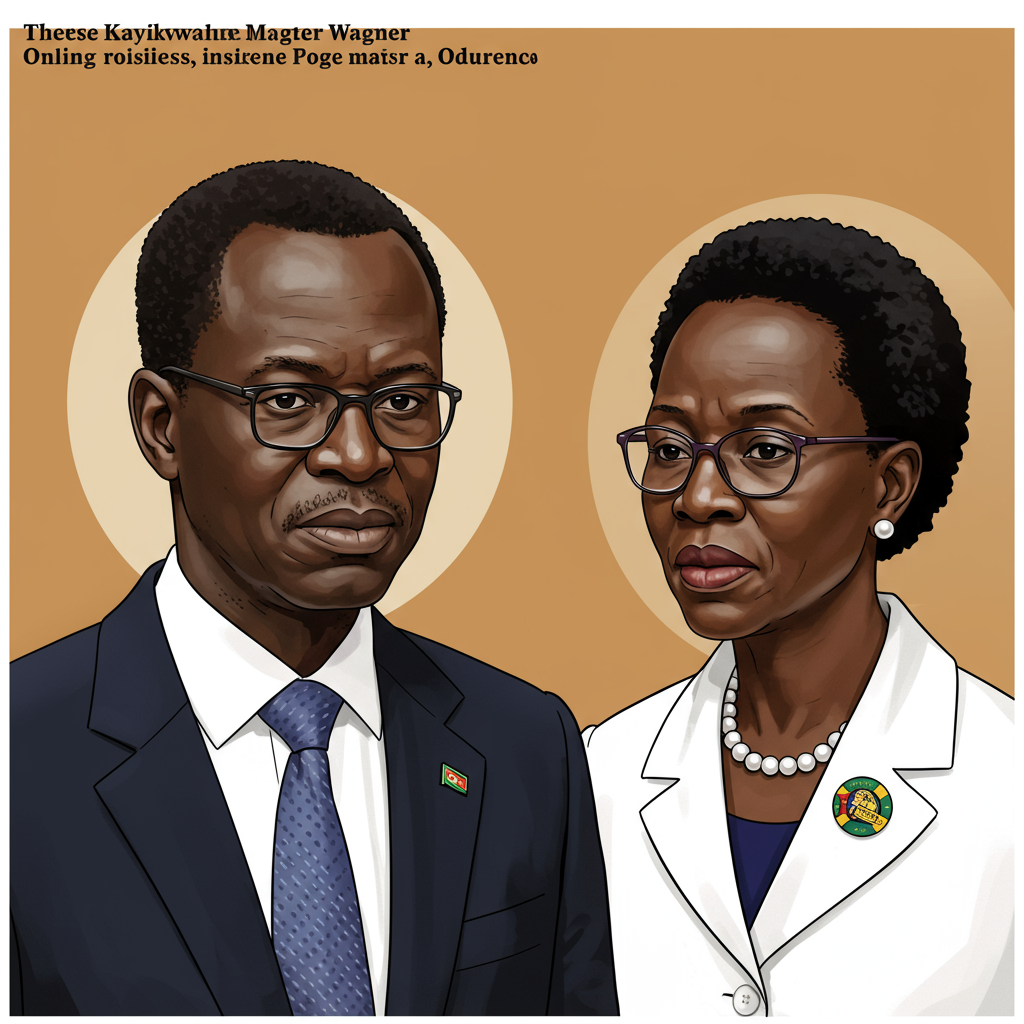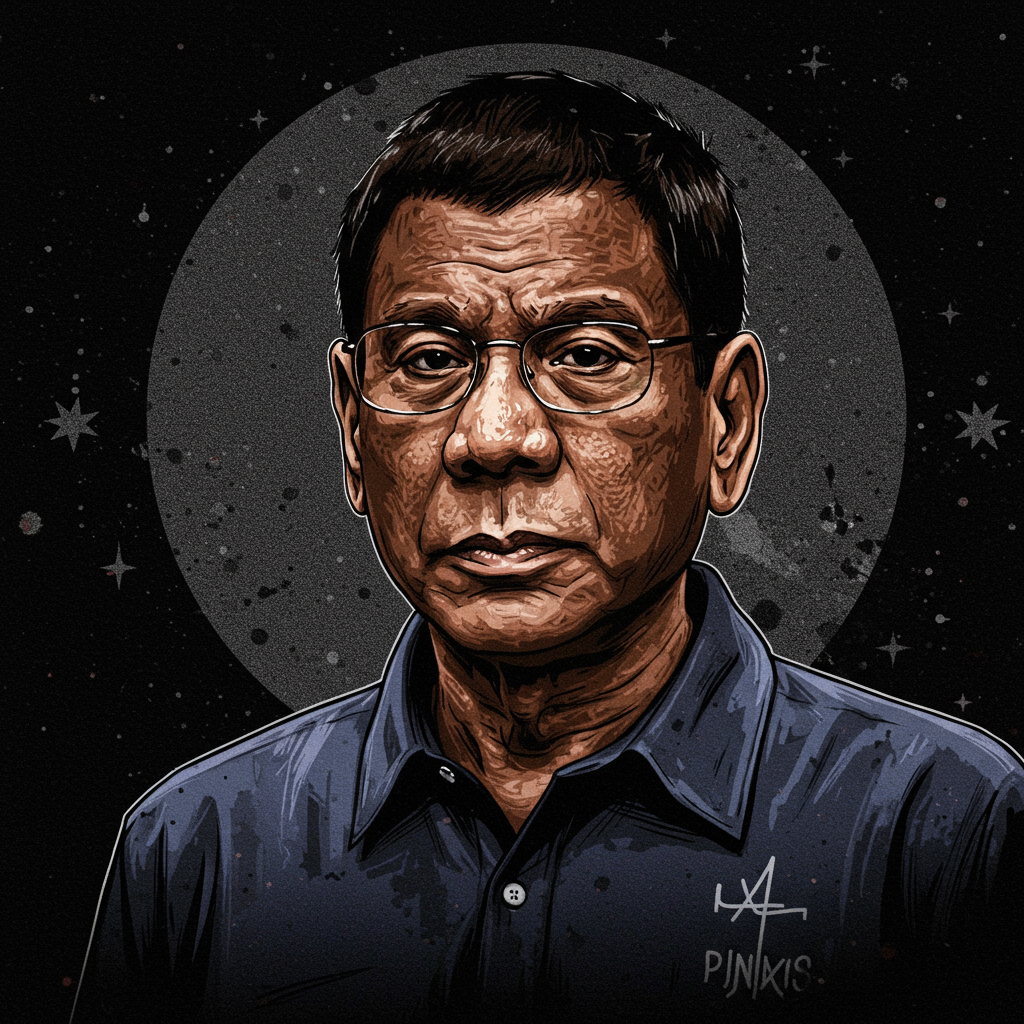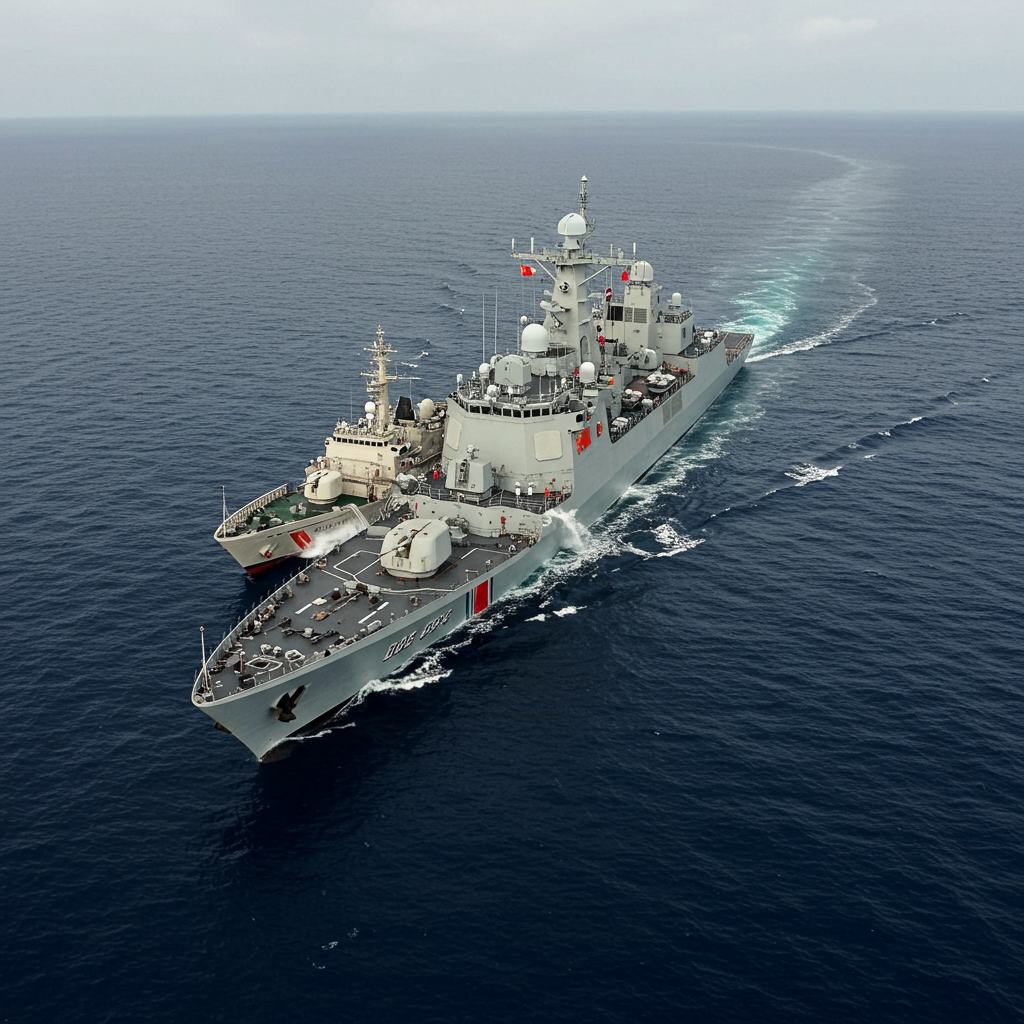DR Congo and Rwanda Sign Peace Agreement Amidst Hopes and Challenges
The Democratic Republic of the Congo (DRC) and neighboring Rwanda have signed a peace agreement in Washington, D.C., a move mediated by the United States and Qatar aimed at de-escalating years of deadly conflict in Africa’s Great Lakes region. Signed by the foreign ministers of both nations, Therese Kayikwamba Wagner of the DRC and Olivier Nduhungirehe of Rwanda, at the U.S. Department of State on June 27, 2025, the deal represents a significant diplomatic effort to bring stability to a conflict zone that has caused immense human suffering.
Hopes are high that this agreement could mark a crucial “turning point,” as described by Rwanda’s Foreign Minister. The conflict, particularly in eastern Congo, has seen a recent surge in violence, fueled partly by the advance of the M23 rebel group. This escalation has resulted in thousands of deaths and has displaced hundreds of thousands of people this year alone, adding to the estimated 7 million currently displaced across eastern Congo. The broader conflict stretches back decades to the aftermath of the 1994 Rwandan genocide, contributing to millions of casualties since the 1990s.
Behind the Deal: Mediation and Strategic Interests
The agreement came after months of facilitation efforts involving the U.S. and Qatar. For the United States, involvement in the peace process is linked not only to regional stability but also to strategic economic interests. Eastern Congo is immensely rich in critical minerals like cobalt, coltan, gold, copper, and lithium – resources vital for modern technology, from smartphones to electric vehicles and defense systems.
With Congo’s largely untapped mineral wealth estimated by the U.S. Department of Commerce to be worth as much as $24 trillion, securing access is a key priority for the U.S. government and American companies. This aligns with a broader geopolitical competition between the United States and China for influence and resources across Africa, where Chinese companies currently hold a significant presence in Congo’s mining sector, particularly in cobalt refining. Former President Donald Trump publicly stated his involvement in brokering the deal and securing access to minerals for the U.S., indicating a potential link between security support for Congo and the level of access granted in ongoing separate mineral negotiations.
Key Provisions and Commitments
While specific details continue to emerge, initial reports suggest the agreement outlines several key commitments:
Troop Withdrawal: Rwandan forces are reportedly expected to withdraw from eastern Congo within 90 days.
Economic Cooperation: A framework for regional economic integration is slated to launch within 90 days.
Security Mechanisms: The deal includes the formation of a joint security coordination mechanism within 30 days and a plan to monitor troop withdrawals within three months.
Countering Armed Groups: Congolese military operations targeting the Democratic Forces for the Liberation of Rwanda (FDLR), a group including remnants accused of participating in the 1994 Rwandan genocide, are also expected within a similar timeframe.
Territorial Integrity & Hostilities: Commitments include respecting territorial integrity and prohibiting hostile actions.
Disarmament & Integration: Provisions address the disengagement, disarmament, and conditional integration of non-state armed groups.
The agreement also reportedly signals support for parallel peace talks hosted by Qatar between the Congolese government and the M23 rebels themselves, acknowledging that progress on that front is crucial.
Hopes Tempered by Challenges
Despite the diplomatic breakthrough, significant challenges remain, leading many analysts to temper optimism. While acknowledging the deal as a major turning point, experts are skeptical it will quickly end the deep-seated violence.
M23 Exclusion: A critical issue is that the M23 rebels and their alliance (AFC) were not directly involved in this specific Washington agreement. M23 spokesmen and AFC leaders like Corneille Nangaa have stated the deal will not be binding on them and insist that direct peace talks addressing their grievances are necessary.
Rwanda’s Role: Congo, the UN, and various Western powers accuse Rwanda of providing significant military support to M23 and exploiting eastern Congo’s mineral resources. A December UN report alleged that “fraudulent extraction, trade and export to Rwanda of (Congo) minerals benefited both AFC/M23 and the Rwandan economy.” Rwanda denies these accusations, stating its forces are solely in the region for self-defense against threats from Congolese territory, where some militias linked to the 1994 genocide are allegedly protected. This dispute over Rwanda’s true role and interests poses a challenge to effective disengagement.
Justice and Reconciliation: Critics, including Congolese political scientist Christian Moleka, argue that the deal overlooks the crucial need for justice and accountability for war crimes committed during the conflict. They contend that lasting peace cannot be achieved by seemingly “imposing a partnership between the victim and the aggressor” without addressing past atrocities and providing reparation for victims. Local activists in affected areas echo the call for justice as essential for enduring peace.
Past Failures: Both Rwandan and Congolese foreign ministers acknowledged the history of previous failed agreements, highlighting the need for sustained commitment and support from mediators to navigate the “difficult road ahead.”
For the DRC, the hope is that the agreement will translate into tangible outcomes like U.S. security support to counter rebel groups, the withdrawal of M23 from occupied territories like Goma and Bukavu, and the exit of Rwandan troops estimated to be in the region.
While the signing in Washington offers a potential path forward after decades of suffering, its success will depend on the concrete implementation of its provisions, the willingness of all parties (including non-state actors) to adhere to its terms, and the resolution of complex issues like justice, mineral exploitation, and underlying historical grievances.



